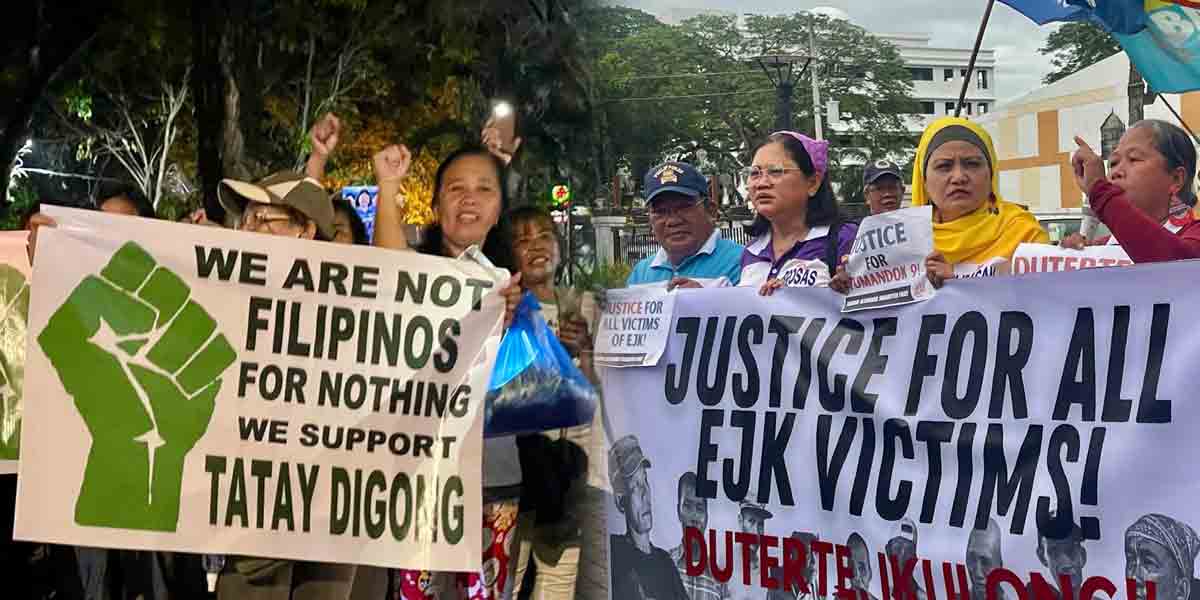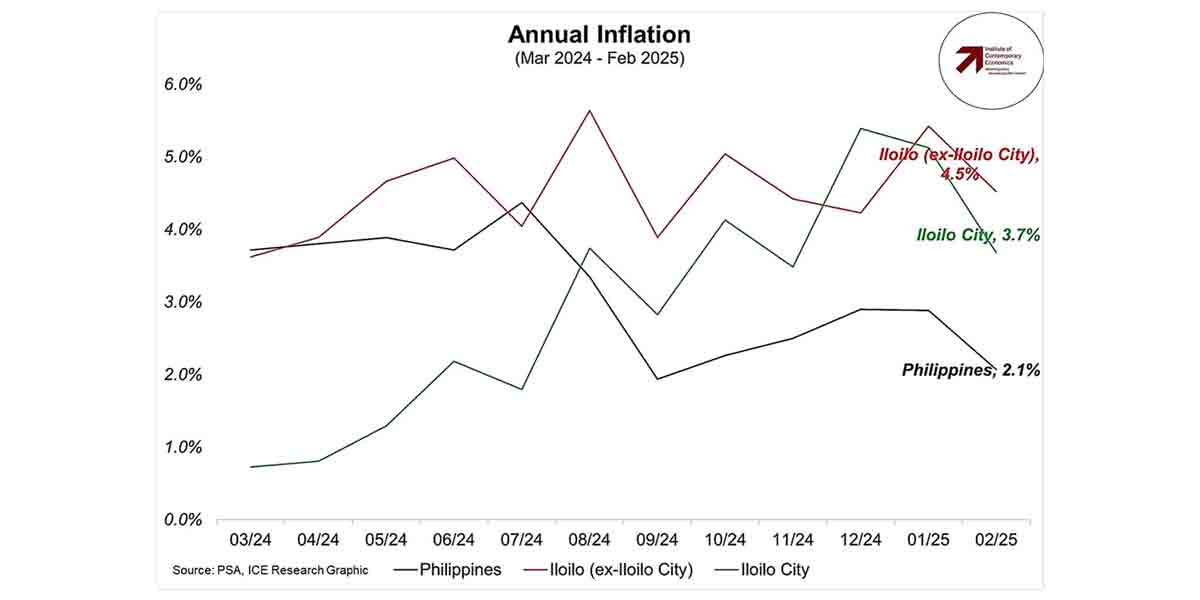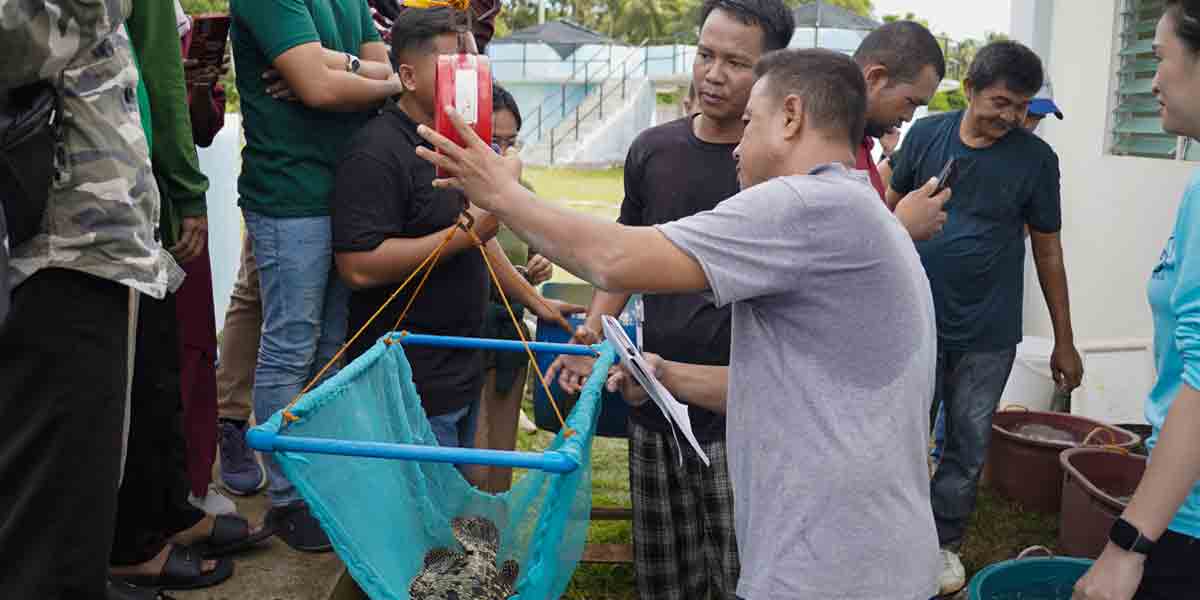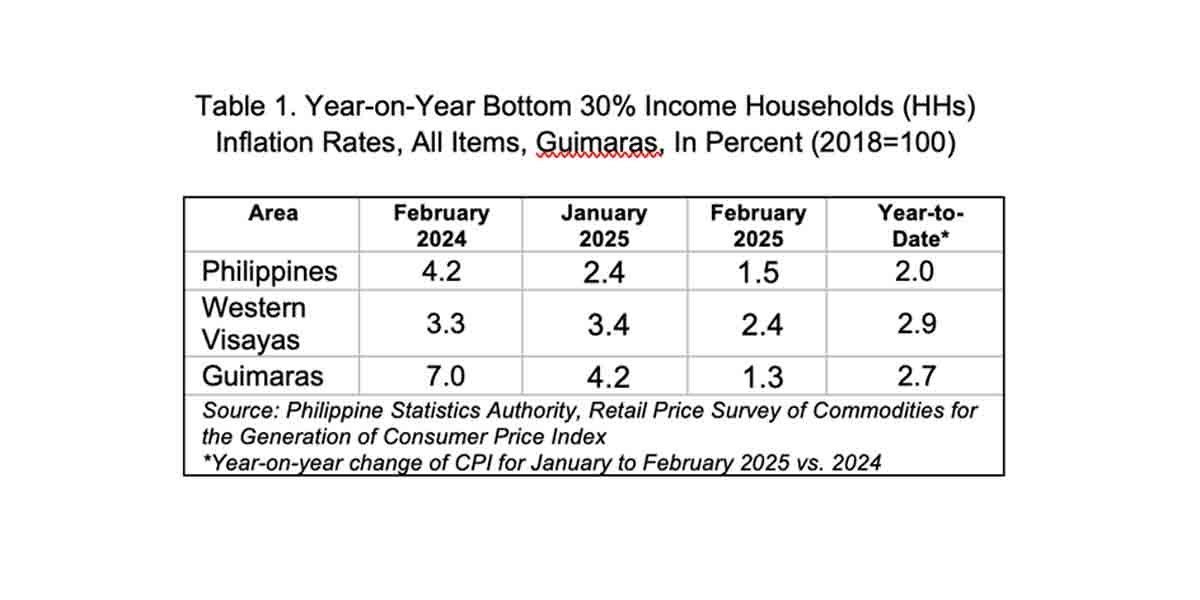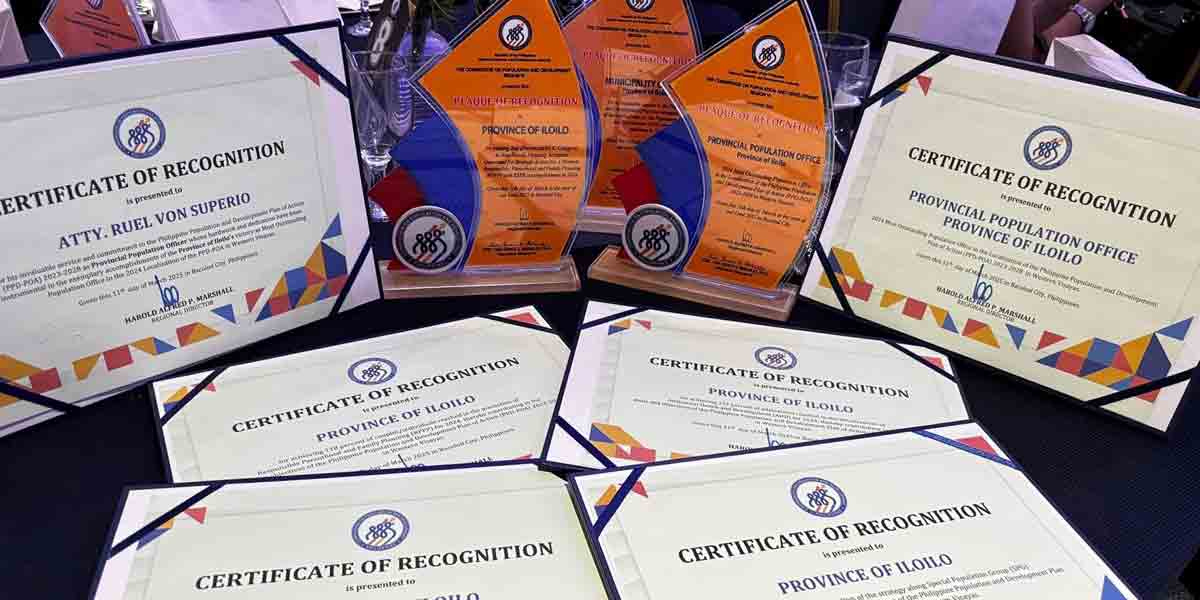By Atty. Eduardo T. Reyes III
Republic Act No. 9262 which is more popularly known for its acronym: VAWC, which stands for Anti-Violence Against Women and Children, is a law that was passed on March 08, 2004 under the avowed policy of the State that “values the dignity of women and children and guarantees full respect for human rights. The State also recognizes the need to protect the family and its members particularly women and children, from violence and threats to their personal safety and security”.
The VAWC law embodies a surfeit of rights that a woman can invoke on her behalf as well as those of her children. The law penalizes acts of “Causing physical harm to the woman or her child”; “Threatening to cause the woman or her child physical harm”; “Attempting to cause the woman or her child physical harm”; “Placing the woman or her child in fear of imminent physical harm; and even “stalking”.
Since its enactment, among the most common VAWC cases that had found their way into the courts are those envisaged in Section 5 (i) and (e) both of which result from a “denial of financial support”. Section 5(i) refers to the denial of financial support for the purpose of “inflicting psychological violence upon the woman and her child”; while Section 5( e ), to the deprivation of financial support “for the purpose of controlling or restricting the woman’s or her child’s actions or decisions”.
Given the many cases pending in court where husbands and fathers had been indicted for their mere failure to provide support for their respective wives, partners and/ or children, the nagging question is: is the mere failure to provide support (as opposed to a deliberate intention to deny support), constitutive of a crime?
In the 2018 case of Melgar v. People as well as in the 2019 case of Reyes v. People, it was concluded that for so long as there is proof of “mere denial” of financial support, that already amounts to psychological abuse on the woman.
Given such pronouncement, the deduction is that a father or husband who either fails or refuses to give financial support is guilty of violation of the VAWC law, without distinctions.
Yet Article 201 of the New Family Code dictates that “The amount of support, x x x shall be in proportion to the resources or means of the giver and to the necessities of the recipient”. Inevitably, the previous rulings in Melgar v. People and Reyes v. People, did not take into account the financial capacity of the accused father/ husband vis-à-vis the needs of the wife and/ or children.
Fortunately, in Acharon v. People (G.R. No. 22496) which came down on November 9, 2021, an en banc case, the Supreme Court considered the “intent” of the accused father/ husband as an essential element of the crime. It held:
“The Court sees the need for this clarification, as R.A. 9262 was not meant to make the partners of women criminals just because they fail or are unable to financially provide for them. Certainly, courts cannot send individuals to jail because of their mere inability – without malice or evil intention – to provide for their respective families. In a developing country like ours, where poverty and unemployment are especially rampant, courts would inevitably find themselves incarcerating countless people, mostly fathers, should the interpretation be that mere failure or inability to provide financial support is enough to convict under Sections 5(e) and 5(i). As Associate Justice Rodil V. Zalameda put it simply during the deliberations of this case, “poverty is not a crime xx x [and] the failure or inability to provide support, without more, should not be the cause of a man’s incarceration”.
This was reiterated in Cesar M. Calingasan v. People of the Philippines (G.R. No. 239313) which was handed down only on February 15, 2022.
In Calinsangan, the evidence disclosed that the accused father was jailed in Canada for six (6) years thus preventing him from providing support to his children in the Philippines. Nevertheless, he was charged in, and convicted by, the trial court for violation of the VAWC law. The Supreme Court reversed the conviction and acquitted Calinsangan by ruling that:
“In the cases of Melgar v. People (Melgar) and Reyes v. People (Reyes), the Court, applying the variance doctrine, had previously ruled that an accused may be convicted of violating Section 5( e ), instead of Section 5(i), as long as the denial or deprivation of financial support by the accused has been established by the prosecution; because the former specifically penalizes the deprivation of financial support by itself, even in the absence of psychological violence.
However, in Acharon, the Court en banc abandoned its ruling in Melgar and Reyes. The Court clarified that Section 5( e) and Section 5(i) of R.A. 9262 penalize two distinct crimes. Section 5(i) punishes the willful infliction of psychological violence upon the woman and her child by denying them the financial support that is legally due them. Section 5(e), on the other hand, penalizes the deprivation of financial support ‘for the purpose of controlling or restricting the woman’s or her child’s movement or conduct’. Thus, while both provisions indeed involve the denial or deprivation of financial support, each of these provisions punishes entirely different acts. As such, the variance doctrine does not apply to convict an accused for the other crime.
Further, the Court reiterated that mere failure or inability to provide financial support is insufficient to warrant a finding of guilt for violation of either provision. There must be both an allegation and proof of the existence of the requisite specific intent penalized under each of these provisions: for Section 5(i), that the denial of financial support was for the purpose of inflicting psychological violence upon the woman and her child; while for Section 5( e ), that the deprivation of financial support was for the purpose of controlling or restricting the woman’s or her child’s actions or decisions”.
Thus, the current state of jurisprudence teaches that the “mere failure” to provide support does not amount to a violation of the VAWC law. There must be a “criminal intent” to use the denial of financial support to “control the woman or her child’s actions or decisions”.
The Acharon v. People and Calinsangan v. People cases demonstrate how the law can sometimes lead to an injustice when the facts are not properly considered. According to Justice Brandeis, the law must arise from facts. So when the law does not reckon the facts, then it could result in a tragic wrongful conviction of the accused.
But the even bigger tragedy is when children are being pitted against their fathers for selfish reasons.
And about this tragedy, the Russian novelist Ivan Turgenev lamented in his novel “Fathers and Sons” in this manner: “So many memories and so little worth remembering, and in front of me – a long, long road without a goal..”
(The author is the senior partner of ET Reyes III & Associates- a law firm based in Iloilo City. He is a litigation attorney, a law professor and a book author. His website is etriiilaw.com).



